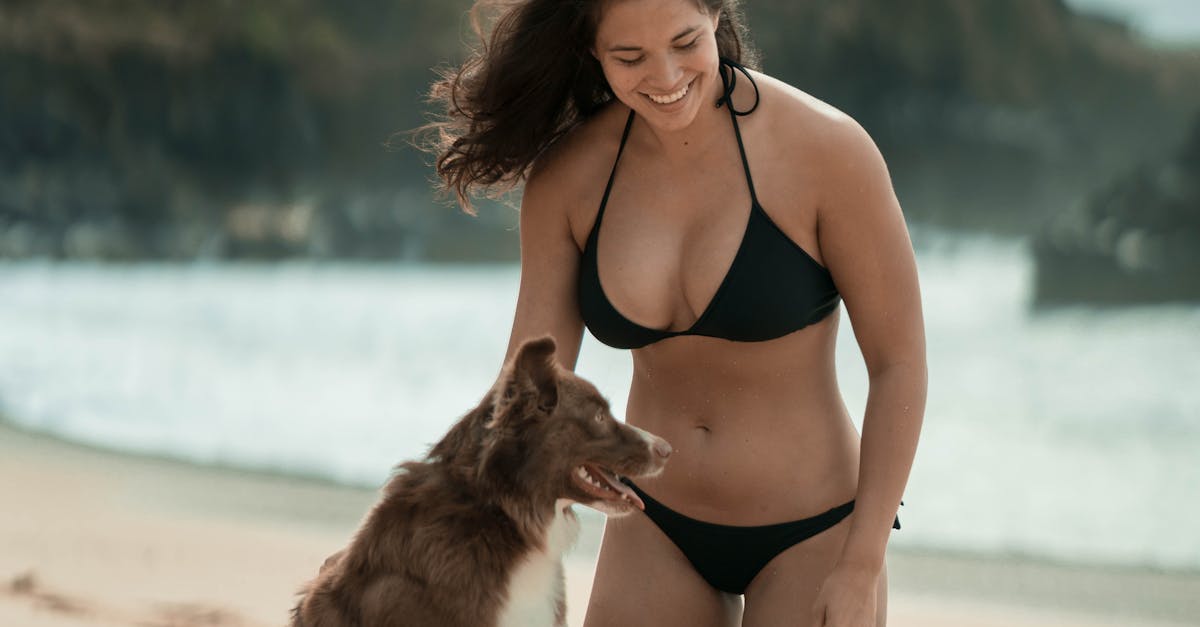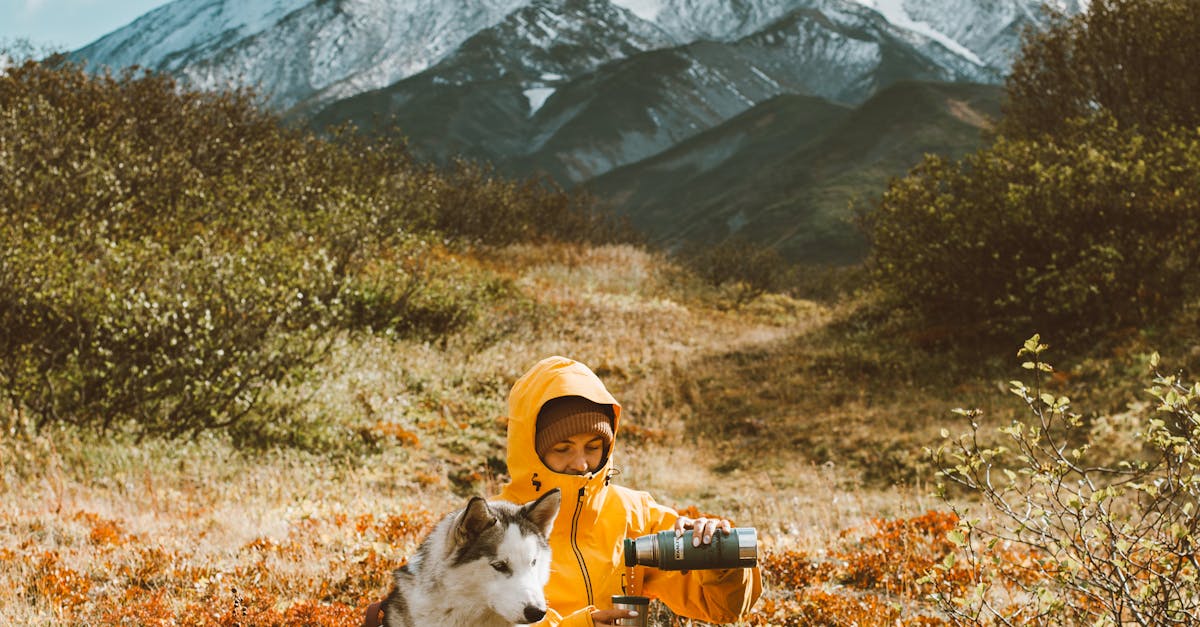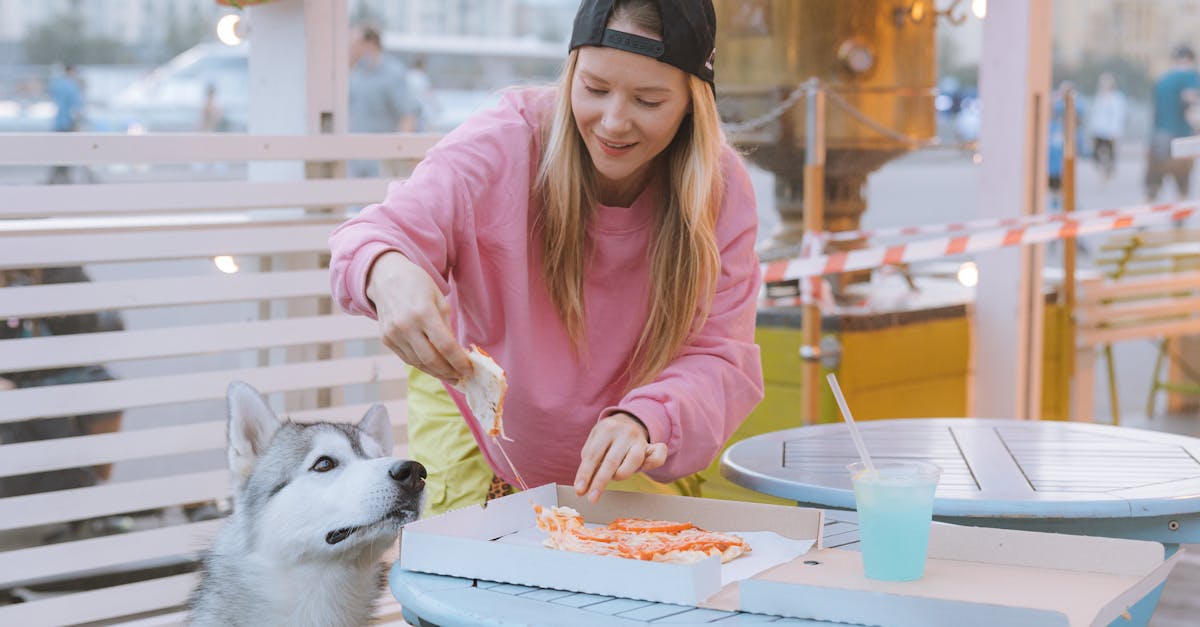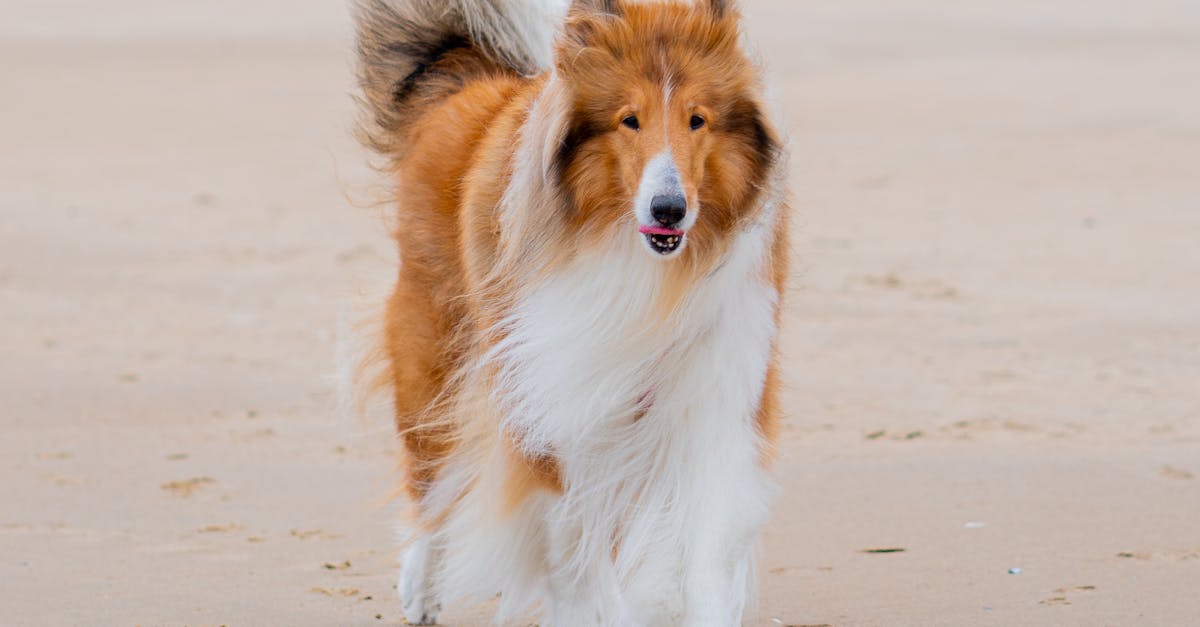The Importance of Pet Nutrition While Traveling
Traveling with pets can be an incredibly rewarding experience, but it also comes with its own set of challenges—one of the most significant being maintaining proper nutrition for your furry friends. It’s common knowledge that pets thrive on consistency and routine, and their diet is a crucial part of that stability. The truth is, when you’re on the road, it can be easy to overlook the nutritional needs of your pet in the hustle and bustle of travel. However, neglecting this aspect can lead to health issues, behavioral problems, and a generally unhappy pet.
Interestingly enough, studies show that a well-balanced diet can significantly improve your pet’s mood and energy levels, making your travels smoother and more enjoyable for everyone involved. So, let’s dive into why pet nutrition is so essential during travel and how you can ensure your pet stays healthy and happy on the road.
Planning Ahead: The Key to Success
Research and Preparation
One thing I’ve learned from my own experience is that preparation is everything. Before you even hit the road, it’s worth mentioning that you should research pet-friendly destinations, accommodations, and, most importantly, food options. If you ask me, having a list of pet-friendly restaurants, grocery stores, and emergency vet clinics can be a lifesaver.
Here’s a checklist to get you started:
- Research Pet-Friendly Accommodations: Not all hotels or Airbnb rentals are pet-friendly. Make sure to book a place that welcomes pets and provides amenities like pet beds or bowls.
- Identify Local Pet Stores: Knowing where you can buy high-quality pet food at your destination can save you a lot of stress.
- Emergency Vet Clinics: Always have the contact information of the nearest veterinary clinic in case of emergencies.
Packing the Essentials
To put it simply, packing the right supplies can make or break your trip. You might be surprised by how many pet owners forget to bring enough food or water for their pets. Here’s a story: one time, I met a fellow traveler who had to drive an extra 50 miles to find a specific brand of dog food because his pet refused to eat anything else. Don’t let that be you.
Essential items to pack:
- Sufficient Pet Food: Bring enough food to last the entire trip, plus a little extra in case of delays.
- Water and Bowls: Portable water bowls and a supply of fresh water are crucial.
- Treats and Snacks: These can be useful for rewarding good behavior and keeping your pet happy.
- Supplements: If your pet takes any dietary supplements, don’t forget to pack them.
Feeding Your Pet on the Go
Consistency is Key
If you’ve ever wondered why your pet seems off during travel, it might be due to a disruption in their feeding routine. Pets, like humans, are creatures of habit. The thing is, maintaining a consistent feeding schedule can help your pet feel more secure and less stressed.
Tips for maintaining consistency:
- Stick to Regular Meal Times: Try to feed your pet at the same times you would at home.
- Use Familiar Bowls: Bringing your pet’s regular food and water bowls can provide a sense of normalcy.
- Avoid New Foods: Introducing new foods while traveling can upset your pet’s stomach. Stick to what they know.
Hydration is Crucial
It’s clear that staying hydrated is just as important for pets as it is for humans. Dehydration can lead to serious health issues, especially in hot climates or during long trips. I’ve often thought about how easy it is to overlook this simple yet vital aspect.
Hydration tips:
- Frequent Water Breaks: Offer water to your pet regularly, especially during long drives.
- Portable Water Dispensers: These are convenient for hikes and outdoor activities.
- Monitor Water Intake: Keep an eye on how much water your pet is drinking. If they’re not drinking enough, it might be a sign of stress or illness.
Dealing with Special Dietary Needs
Allergies and Sensitivities
If your pet has food allergies or sensitivities, traveling can be even more challenging. Personally, I’ve found that carrying a detailed list of your pet’s dietary restrictions can be incredibly helpful. This not only ensures you’re prepared but also helps others who might be caring for your pet understand their needs.
Steps to manage dietary restrictions:
- Bring Enough Special Food: Always pack more than you think you’ll need.
- Label Everything: Clearly label all food containers with your pet’s name and dietary restrictions.
- Inform Caretakers: If someone else will be feeding your pet, make sure they’re fully aware of what your pet can and cannot eat.
Supplements and Medications
If your pet requires supplements or medications, it’s crucial to maintain their regimen even while traveling. I can’t help but think about how easy it is to forget these small but essential items.
Checklist for supplements and medications:
- Pack Extra: Always bring more than you need in case of delays.
- Keep a Schedule: Set reminders on your phone to ensure you don’t miss a dose.
- Consult Your Vet: Before traveling, discuss your plans with your vet to ensure you’re fully prepared.
Handling Unexpected Situations
Dealing with Picky Eaters
It’s funny how pets can become picky eaters when they’re stressed or in a new environment. I’ve been there, trying to coax my dog into eating something he usually loves but suddenly refuses.
Tips for picky eaters:
- Bring Favorite Foods: Pack a variety of your pet’s favorite foods to entice them to eat.
- Stay Calm: Pets can pick up on your stress. Stay calm and patient.
- Consult a Vet: If your pet refuses to eat for more than a day, consult a vet.
Emergency Situations
You’d be surprised how often emergencies can arise while traveling. Being prepared can make all the difference.
Emergency preparedness tips:
- Have a First Aid Kit: Include items like bandages, antiseptic wipes, and any specific medications your pet might need.
- Know the Nearest Vet: Always have the contact information of the nearest veterinary clinic.
- Emergency Contacts: Keep a list of emergency contacts, including your regular vet and a trusted friend or family member.
Making the Most of Your Journey
Enjoying the Experience
Traveling with your pet should be an enjoyable experience for both of you. To put it simply, the more prepared you are, the more you can relax and enjoy the journey.
Ways to enhance the experience:
- Plan Pet-Friendly Activities: Look for parks, beaches, and trails that welcome pets.
- Take Breaks: Frequent breaks can help your pet stretch their legs and relieve stress.
- Capture the Moments: Don’t forget to take plenty of photos and make memories.
Building a Routine
Building a travel routine can make future trips easier and more enjoyable. I’ve come to realize that consistency and preparation are the keys to a successful trip.
Steps to build a routine:
- Evaluate Each Trip: After each trip, take note of what worked and what didn’t.
- Adjust Accordingly: Make adjustments to improve future travel experiences.
- Stay Flexible: While routines are important, staying flexible can help you adapt to unexpected situations.
Final Thoughts: Ensuring a Happy, Healthy Pet
Maintaining your pet’s nutrition on the road may seem daunting, but with the right preparation and mindset, it’s entirely achievable. If you ask me, the effort you put into ensuring your pet’s well-being will pay off in the form of a happier, healthier, and more enjoyable travel experience for both of you.
In my opinion, the key takeaway is to prioritize your pet’s needs just as you would your own. This not only ensures their health and happiness but also strengthens the bond you share. So, the next time you hit the road with your furry friend, remember these tips and make your journey as smooth and enjoyable as possible. Happy travels! 🐾
















